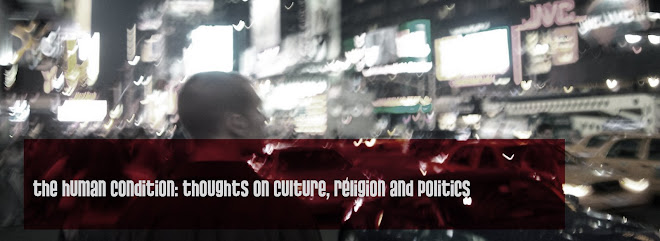I'm just skimming the surface of what Polan has to say about the reductionist science of nutritionism, processing, and the Western diet and all of the diseases that come with it. I found his research to be eye-opening, logical and clear-headed. But this book isn't just about how screwed up the American diet is, it's about changing one's eating habits as well. So what does Polan suggest? Polan's solution isn't focused on teaching the reader to eat foods containing only certain nutrients, or to only eat organic or become vegan. Instead he offers a simple mantra: Eat Food, Mostly Plants, Not too Much.
Eating food means eating whole foods, or foods made with a minimum amount of easily recognizable ingredients. "Mostly plants" is obvious. People should eat mainly fruits, grains and vegetables. This is the one I struggle most with because while I like vegetables, I generally tend to eat them the least. Concerning meat, Polan argues that meat should be more of a condiment than a main dish. He also points out that commercially produced animals are pumped full of hormones and pharmaceuticals, and eat horrible diets. On top of the dreadful conditions these animals live in (which is reason enough not to consume them), and all the crap they are given, the person who eats them is eating what they have eaten. In other words, all of the horrible things put into these animals is put into you when you eat them. Thus, Polan argues that it is best to buy meat that has been "grass finished," or better yet, to hunt and kill your own meat. It is true that animals who have been raised in cruelty-free environments and have been fed healthy food produce much more expensive meat, but if one is eating much less meat, then the price shouldn't be a huge issue.
The last part of the mantra, "Not too much" is also obvious. Americans are notoriously "big eaters," and-- go figure-- Americans are notoriously obese. Polan suggests that Americans should take up eating practices of other (healthier!) cultures, eat smaller portions and take more time to eat. Taking more time allows the body to digest the food and let the eater know he is full. When we shovel food into our mouth our body doesn't have the time to let us know we are full before it's too late. Polan also says that we need to not eat alone. He says that food should be a communal experience where relationships are strengthened and bonds are made. It's interesting to point out that a gateway into a culture is its diet. Food is often a great starting point for people of different countries or cultures to begin learning about one another. It is something we all have in common.

No comments:
Post a Comment